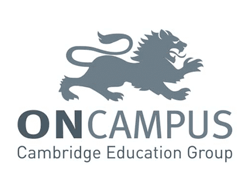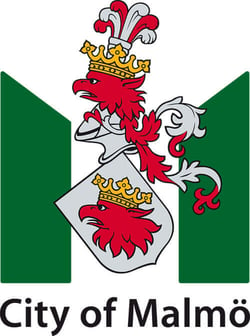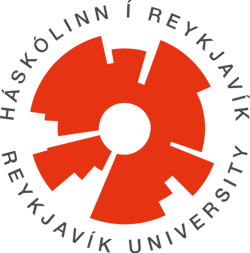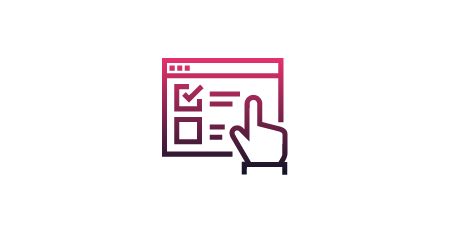
Online assessment tool for educators
Effortlessly design assessments and gauge the student’s performance using Digiexam's online assessment tool for educators and students.













Discover the reliable assessment tool in education


Detailed analytics
Digiexam empowers educators with instantaneous updates on students' progress, indicating who has initiated, submitted, or is absent from assignments, facilitating timely interventions.

Secure and user-friendly

Ensured academic integrity

Complete scalability

Streamlined assessment process
How does the Digiexam platform work?



Features of the Digiexam assessment tool for educators
Digiexam
Secure
Academic integrity can never be compromised.
- Lockdown application
- Closed sourced code (highest security)
- Third-party security audits
- Third-party penetration tests
- Online proctoring
- EU and US servers
- GDPR Compliant
Digiexam
Reliable
Our customers can’t afford lost exams or lost answers.
- Cloud-based (99,9% uptime)
- Offline exam compatibility
- Autosave every 10 seconds
- Automatic updates
- World-class support
- Proprietary technology
- Zero maintenance
Digiexam
Easy to use
Easy-implemented online exam system that supports the whole examination lifecycle.
- LMS integration through LTI
- User friendly interface
- High adoption
- Modern accessibility tools
- Anonymous grading
- External tools
- QTI import
- Collaborative grading
Support when you need it
Knowledge Center
Support
What our customers say
As the University continues to pursue a remote assessment strategy for all courses, confidence in the systems we use to support exam integrity is vital.

Maggie Gibson Birmingham City University

Digiexam receives a lot of attention in the south of Germany since a lot of people share the belief that it will be the only product that will meet the regulatory and data privacy requirements for future online testing.

Dr. Martin Franzen Aalen University
Even though we are a customer, we are in some ways in debt to Digiexam because we’ve saved some of our teachers many, many hours. Digiexam is a tool that helps teachers do their job more efficiently.

Eric Oest Toronto Prep School
Sprung from higher education. Built out of Sweden.
FAQs: Online Assessment Tool In Education
What are the most common assessment types for educators?
- Pre-/Diagnostic assessments: Before the start of the school year or when introducing a new subject, the importance of understanding a student's current knowledge cannot be overstated. With pre-assessments, educators can uncover students' strengths and weaknesses right from the start. They're not just about identifying what students already know about prerequisite subjects. They are about customizing instruction and leveling the playing field from the get-go. This type of online assessment also takes into consideration various learning styles (visual, audio, text, etc.), allowing for a tailored approach to each student's unique needs.
- Formative assessments: Do you want to know how effective your students are learning mid-course? Ongoing formative assessments are the answer! These low-stakes evaluations are designed to pinpoint students' needs instantly, allowing educators to adapt their material and teaching strategies on the fly. No longer do you need to guess what parts of the material your students might be struggling with. With our tool for student assessment, you can ensure better engagement and elevate the learning experience, all while staying aligned with the curriculum's requirements for passing the final examination.
- Summative assessments: The end of a course or term can be a stressful time for students and educators alike, with high-stakes testing adding to the pressure. That's where our summative assessments come in. These evaluations aren't just about grading or scoring a student's knowledge in a specific subject. They offer comprehensive insight into student understanding and performance. With our tool, you can refine your curriculum with confidence, knowing that you have streamlined the evaluation process and provided an accurate measure of learning outcomes. No more worries about how to best prepare students for these vital assessments. We make the process smooth and stress-free.
What are the assessment methods in online learning and effective education?
What are some useful strategies for online assessment in education?
Online assessments have become an integral part of modern education, allowing for flexible and diverse ways to measure student understanding and growth. Here are some strategies that educators can employ to maximize the effectiveness of online assessments:
- Use Varied Assessment Types: Incorporate a mix of multiple-choice, short answer, essay, and interactive questions to cater to different learning styles and ensure a comprehensive evaluation.
- Utilize Adaptive Learning Techniques: If possible, use assessments that adapt to a student’s performance level. This personalizes the learning experience and keeps students engaged.
- Incorporate Real-World Scenarios: Use simulations or real-world scenarios to assess not just rote memorization but the ability to apply knowledge in practical situations.
- Align with Learning Objectives: Ensure that every question or task in the assessment directly correlates with the learning objectives of the course. This alignment ensures that the assessment measures what it is intended to measure.
- Encourage Reflection: After the assessment, encourage students to reflect on their performance, what they learned, and how they can improve. This can foster a growth mindset.